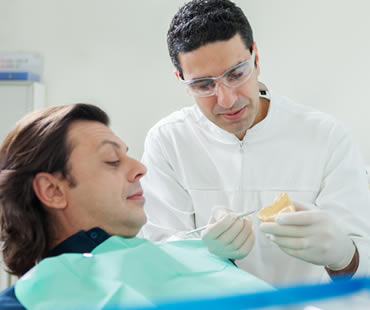Sedation dentistry allows patients with dental anxiety to undergo procedures painlessly and without fear. While dental sedation is considered extremely safe, any time a patient is undergoing anesthesia there are risks associated with the procedure. The first and most important step in ensuring the safety of dental sedation is to find a qualified and appropriately trained sedation dentist. It’s important to ask how many sedation procedures your dentist has performed, as well as they type of training they have received.
Once you have identified an experienced sedation dentist, they will determine if you are a suitable candidate for sedation. Patients who are obese or have other conditions such as obstructive sleep apnea are more prone to complications from anesthesia and may not be viable candidates for sedation. Your sedation dentist should review your general health and medical history to determine if you are at a higher risk for complications while under sedation.
Discuss with your dental professional the type and amount of sedation you will be receiving. Your sedation dentist should provide you with information about the risks of the procedure, and be available to answer any questions or concerns you have about the planned sedation. Finally, your vital signs should be monitored during sedation, and your dentist should have oxygen and drugs that reverse the sedation effects available during the procedure.
When properly administered by an experienced sedation dentist, dental sedation can be a safe and effective tool for managing your dental anxiety. Sedation dentistry allows you to receive the oral healthcare you need without pain or undue stress.
If you are considering sedation dentistry in Weymouth, contact our office today to schedule a consultation.
















